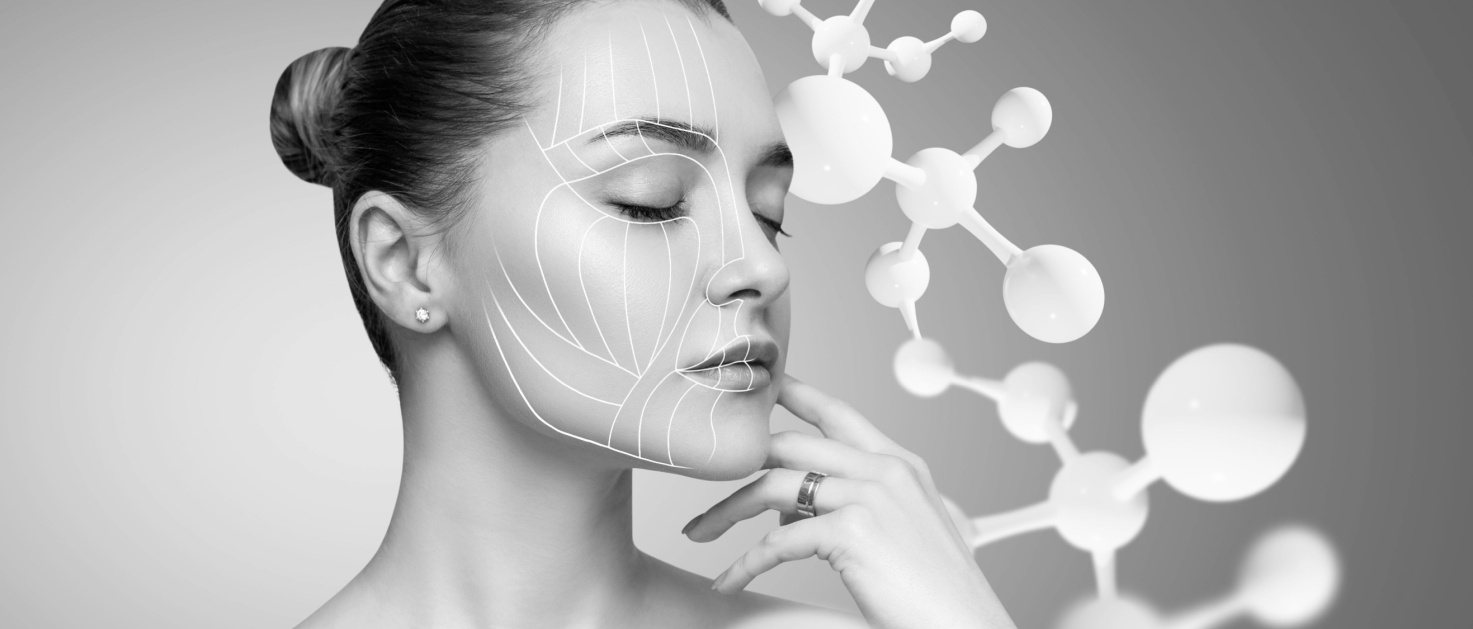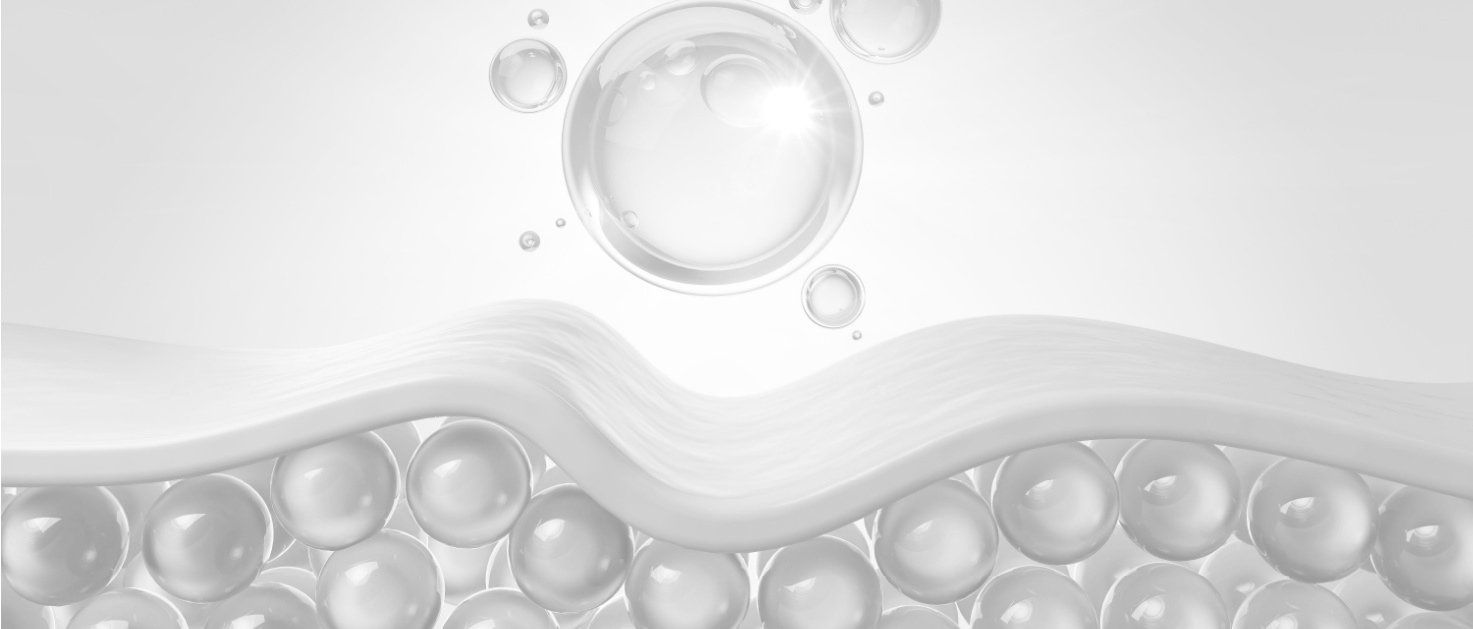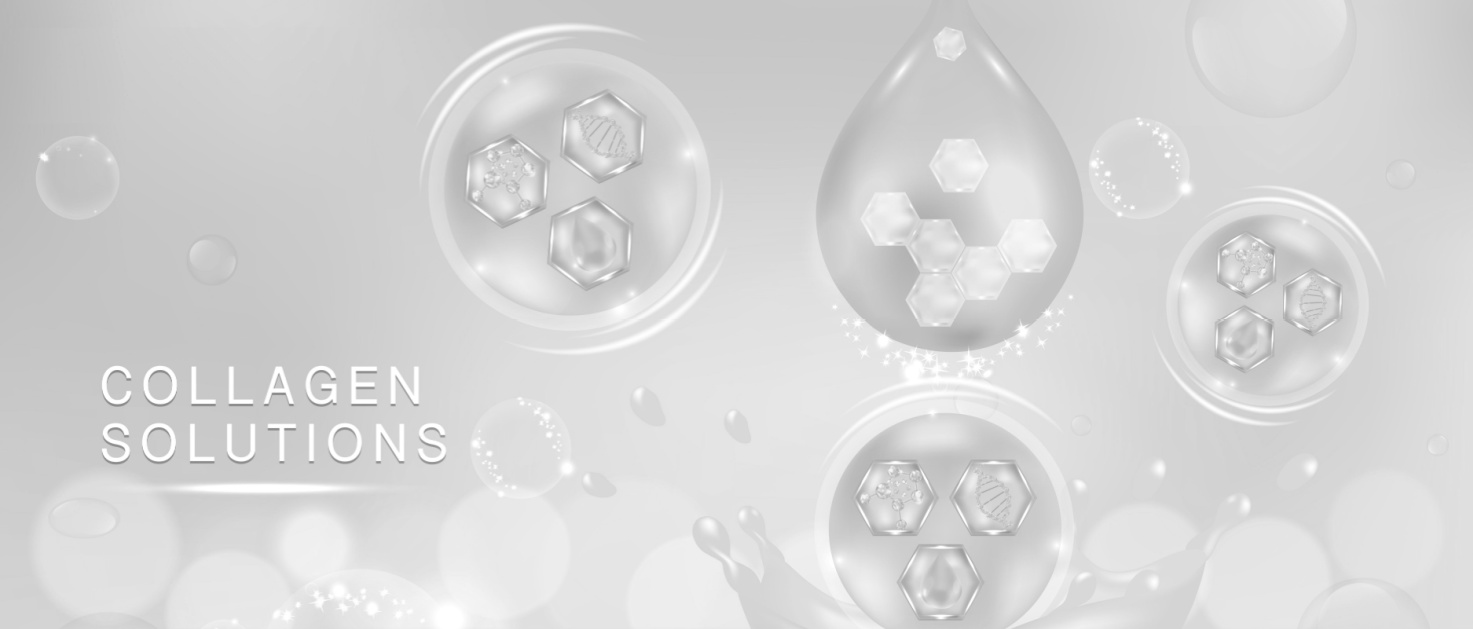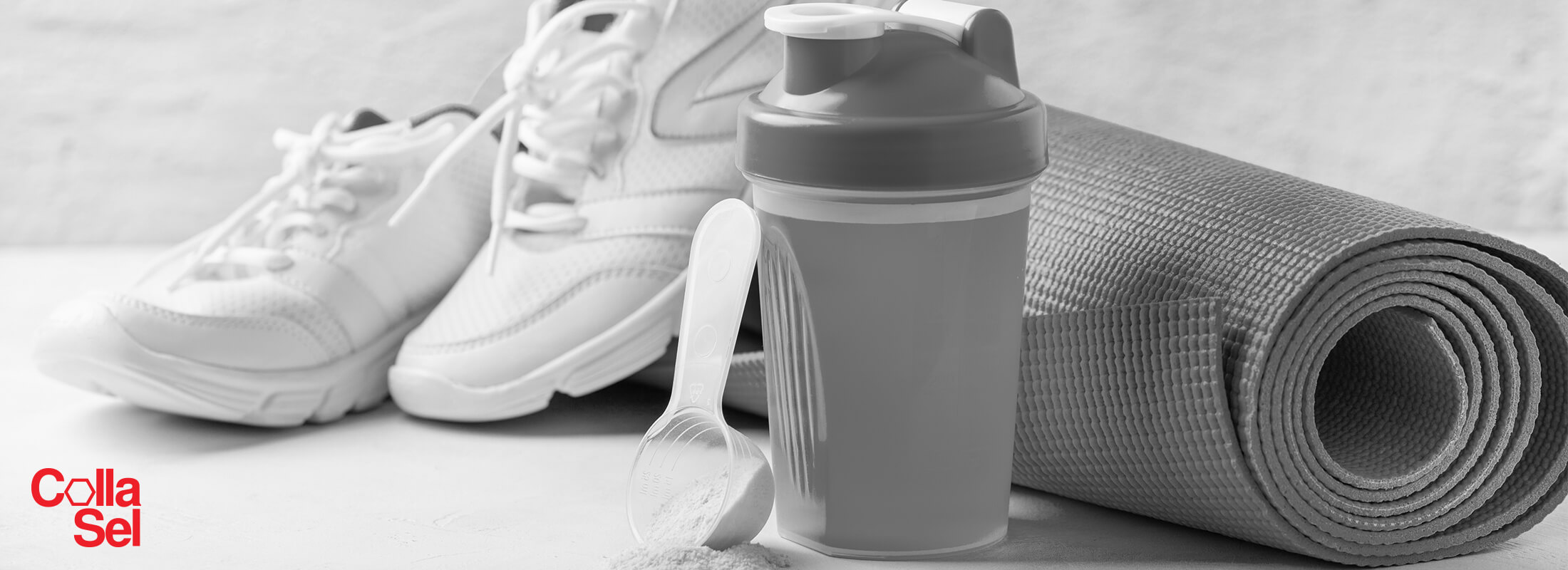5 ESSENTIAL FACTS YOU NEED TO KNOW ABOUT COLLAGEN

In recent years, collagen has become a buzzword in the health and beauty worlds. As the most abundant protein in our bodies, collagen can be found in many structures, from skin to bones and muscles to tendons. So, what are the essential facts you need to know about it? In this article, we will find out five key points about collagen.
What is collagen?
Collagen is a naturally occurring protein in the body and is known as the building block of tissues. There are 28 different types of collagen identified in our body, but Type I, Type II, and Type III collagens make up the vast majority of the collagen present. Type I collagen is found in the skin, bones, tendons, connective tissues, vascular system, and organs; Type II collagen is found in cartilage; Type III collagen is found in blood vessels, uterus, intestinal walls, internal organs, muscles, and skin. Collagen supports the overall health and functionality of the body by giving tissues strength and flexibility.
Collagen production decreases with age:
Unfortunately, the production of collagen in our bodies decreases as we age. Starting from our mid-20s, collagen production in our bodies reduces every year, and this reduction manifests itself with signs such as the formation of wrinkles, increased joint pain, and muscle weakening. Therefore, consuming collagen supplements and foods that support collagen production can help slow down the signs of aging.
Collagen supplements and their benefits:
Collagen supplements are frequently used, especially for skin, hair, and nail health. Supplements containing hydrolyzed collagen (collagen peptides) are more easily absorbed by the body and thus they are more effective. Researches show that collagen supplements can increase skin moisture levels, reduce wrinkles, and improve skin elasticity when used regularly. Additionally, collagen supplements can support joint health and alleviate symptoms of joint disorders such as osteoarthritis.
Foods that contain collagen:
Certain foods are very beneficial for supporting collagen production. Bone broth, fish, chicken, egg, green leafy vegetables, red fruits, and citrus fruits can help boost collagen synthesis. Moreover, nutrients such as vitamin C, zinc, and copper play a significant role in collagen production. Therefore, consuming a balanced diet with an adequate intake of these nutrients is essential for supporting your body's collagen production.
Factors that reduce collagen production:
There are many factors that reduce collagen production in our bodies. Habits such as smoking, excessive alcohol consumption, unhealthy eating, and excessive sun exposure can negatively affect collagen production. Additionally, stress and lack of sleep can also lower collagen levels. Thus, adopting a healthy lifestyle and avoiding these harmful habits is crucial for maintaining and increasing collagen production.
In summary, collagen is a vital protein for our bodies. Since collagen production decreases as we age, supporting collagen levels with supplements and a healthy diet can be beneficial for skin health, joint health, and overall body functions. By considering all this information, you can make more informed decisions about collagen and support your health.
By incorporating CollaSel into your products, you can introduce collagen, one of the essential building blocks for the human body, to your consumers and confidently support their health.






































































































